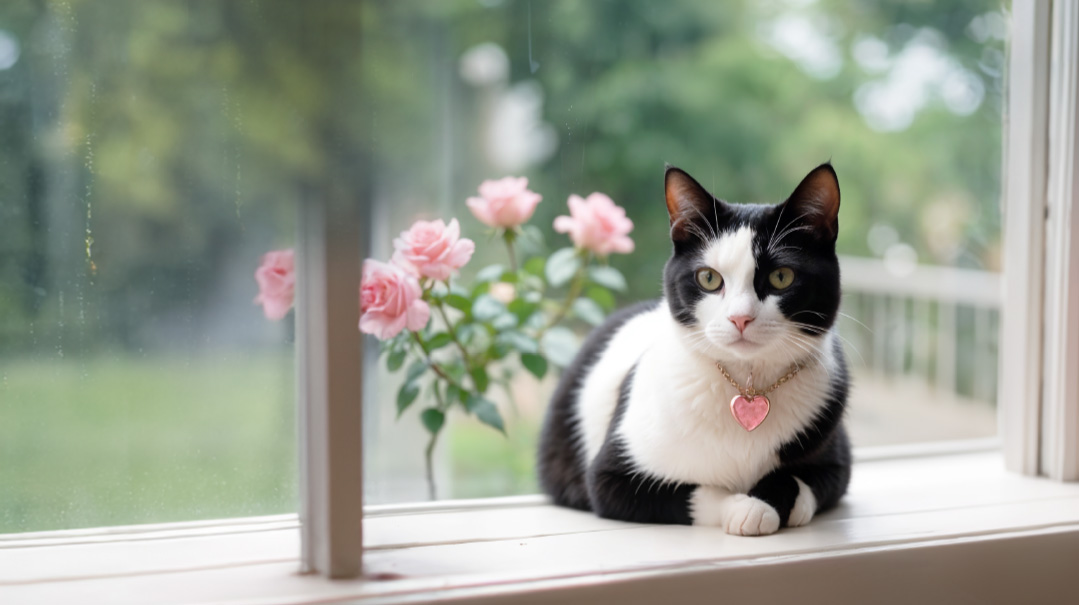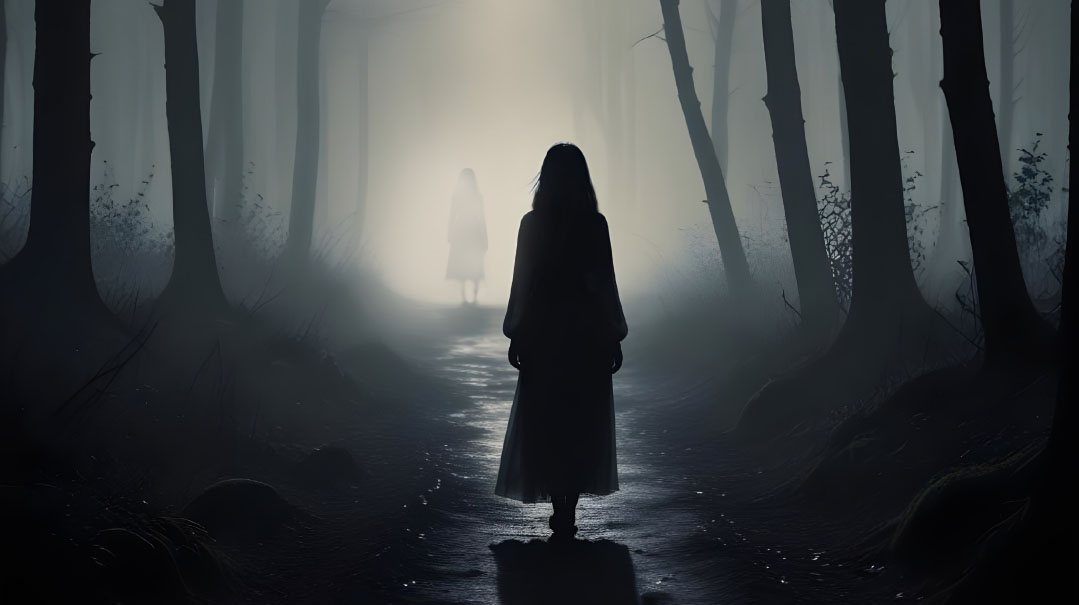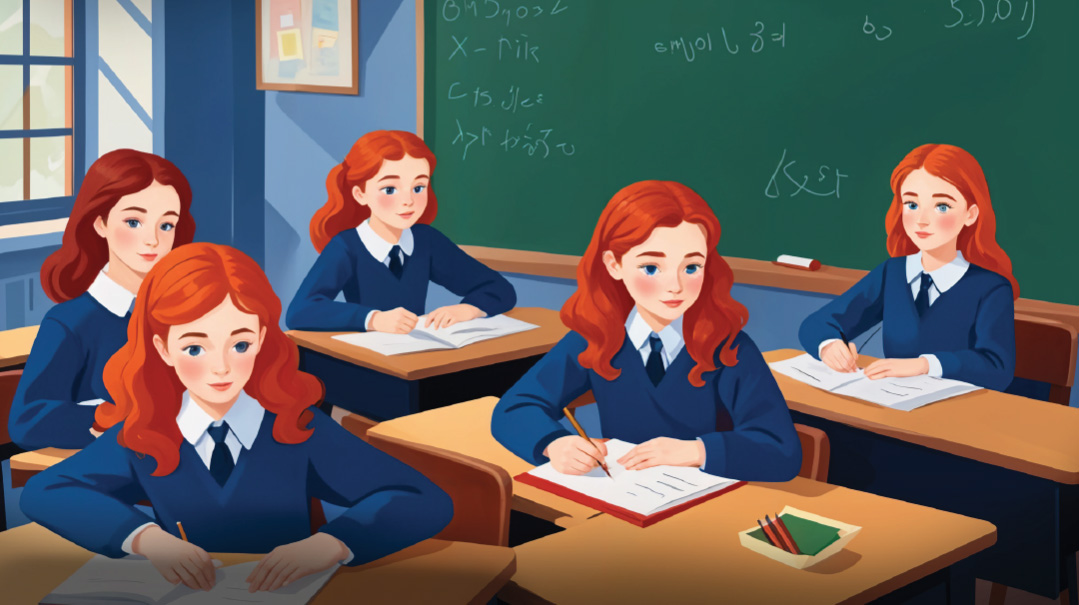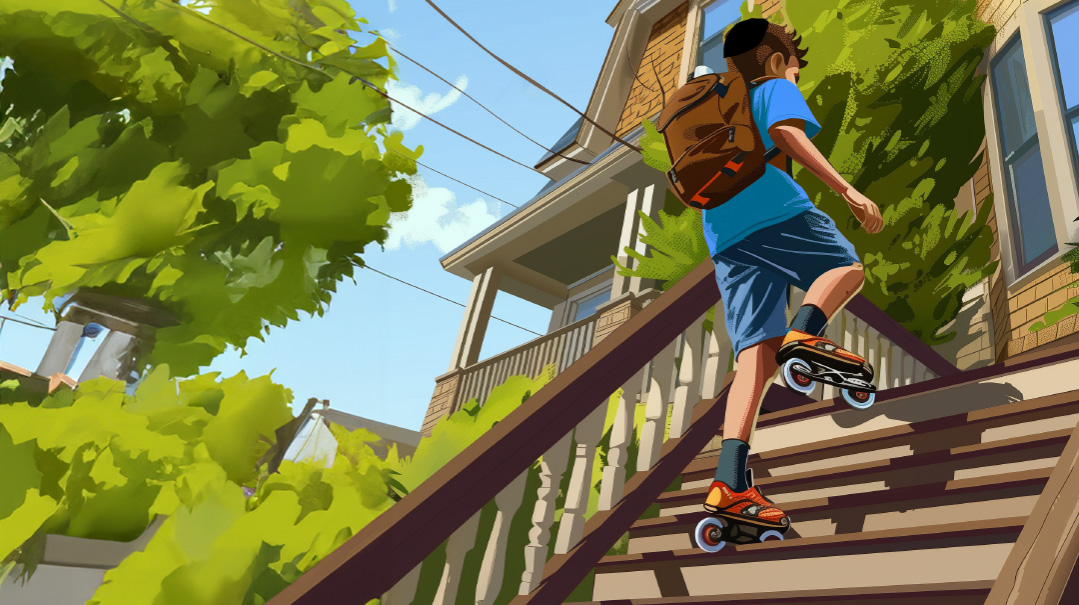And Then They Were Five
| June 29, 2021But then came 1944. And evil came between the five sisters and their future

They were five. Five sisters close in age, all resembling each other. Sura Rivka was the oldest, followed by Raizele, Henchy, Devora, and Chayala, the youngest of the girls. They were a warm, loving clan, happily ensconced in the bosom of family. Sura Rivka and Henchy were more serious, while Devora, Raizele, and Chayala were livelier and spunkier, very much like their father.
When I close my eyes, I can vividly picture their lives; I am one of five sisters too. I also know the joy of sisterhood, the gift of close relationships that are inherited simply by birthright.
Sisters — you’ve got to love them. I can always count on them to remember my birthday (and my kiddos’ too) and to babysit in a pinch. They’re there to hear me venting and to offer advice (okay, not always solicited), and they’ll take precious time off from work to attend my daughters’ graduations and siddur plays. They’re there on those long, lazy Shabbos afternoons, as we lounge around and reminisce about our shared childhood memories.
Sisters — nobody beats them! If you’ve got one, you’re lucky. Four of them? Why, it doesn’t get any better than that.
My great-great aunts were lucky like that too. The Levi sisters, as they were known in their hometown of Chust, thought they’d be best friends for life, were sure they’d always have each other’s backs, just as I do with the four sisters I cherish dearly. They would raise their broods together and grow old and gray together.
But then came 1944. And evil came between the five sisters and their future. The Holocaust swept away those dreams of sisterhood, brutally taking the lives of three and sparing two, left bereft and orphaned to start their lives anew.
It happened so quickly. In March of 1944, Hitler yemach shemo launched Operation Margarethe, and Hungary was occupied by the Germans. By Pesach, the air smelled of fear, and a feeling of foreboding filled the heart of every Hungarian Jew. Still, Yom Tov was coming, and the family planned to spend it together in Chust.
Raizele, the second of the sisters, was an especially beautiful girl, both inside and out. She’d married a boy from Ungvar, named Greenfeld, and came with her two little boys to Chust for Pesach. I picture the family sitting together around the Seder table, the five sisters and three brothers, along with the crew of young grandchildren, and Zaide Shlomo Yehuda and Bobbe Leah (who I’m named after), at the head.
What thoughts were percolating in their heads? As they chanted Chad Gadya and prayed beseechingly for redemption, could they have imagined the terrible tragedies the coming months would bring? As they thanked Hashem for rescuing them from slavery in Egypt, did they have any inkling of the suffering they’d soon endure?
Devora was one of the two surviving sisters, and my mother’s mother is her daughter. When I question her, she tells me that when she asked her mother Devora these questions, she always answered her, “Men hut nisht gevolt glieben, we didn’t want to believe.” And when my grandmother queried further, “But how could it be possible that you all went like sheep to the slaughter? Why did you not hide or escape? Did you not hear rumors?” her mother always repeated, “Men hut nisht gevolt glieben.”
They received a letter from a cousin in Poland with harrowing details, yet again, “Men hut nisht gevolt glieben.” For how could one believe the unbelievable; how could one comprehend the absolute unfathomable?
When it was time for Raizele and her young boys to go home after Pesach, (her husband had had to go back earlier), the trains were already very dangerous, and Zaide and Bobbe were nervous. They decided to send 16-year-old Chayala to accompany her sister and help with her two young active boys on the train ride home to Ungvar. Zaide and Bobbe hugged Raizele, tearfully wishing her a safe trip home. They made it back, but within a short time of arriving, travel became impossible, and Chayala was trapped.
Zaide and Bobbe never heard from them again.
I’ve never met my great-great aunts, but I can feel their spirits. Chayala was willing to do anything for Raizele, because that’s just what sisters do. I think about the love I have for my little nieces and nephews, and how Chayala must have loved those two little boys to pieces. Before she could go back home and reunite with her parents, she was rounded up, along with Raizele’s family, and sent to Auschwitz. Survivors shared what had happened, so we know how they met their tragic end.
I think of Chayala holding onto little Chaimke’s hands, wanting to shield her nephew from the madness and turmoil that had become their lives. She hugged him tightly as they neared the front of the line, while Raizele held onto little Moshe. When they got to the front, Mengele sent Raizele to the left, and then seeing 16-year-old Chayala tightly clasping the hand of a little boy, sent her to the left, too. Chayala perished al kiddush Hashem, in the name of the love of an aunt to her little nephew. We’re not sure of the exact day they perished, but it was gimmel or daled Sivan, a few days before Shavuos.
Sura Rivka, the oldest of the sisters, was married to Reb Shimon, a serious young man and budding Torah scholar. He received a letter with deportation orders to an arbeitslager. At a loss, he cried out to his wife in anguish, “What should I do? Should I go or ignore it?”
Sura Rivka encouraged him to go, and so, with a heavy heart, he left, leaving behind his wife and six children, the oldest, Esther Yides, just 12. His wife’s encouragement saved his life, but he never saw his family again.
Reb Shimon survived the Holocaust and came back after the war looking for his family, only to discover that Sura Rivka and their six children had all perished. When he met Devora, his wife’s younger single sister who had survived, they got married. She understood his indescribable loss; no words were needed. Together, they would build on the ashes of their shared past, raising a beautiful family of four children, of which one is my grandmother.
My great-grandfather, Reb Shimon, was the most humble and gentle man, and an erudite talmid chacham. He was always learning and was renowned in Bnei Brak for his erlichkeit and lamdus. Amazingly, my great-grandmother Devora, even after so much suffering, retained her spunk and spirit until her last day. She was a paradigm of simchas hachayim. She was often called Dory, her Hungarian nickname, and was indeed “adored” by all. All the Devorys named after her, including my own nine-year old, carry that happy gene.
The only other sister who survived was Henchy. She lost her husband and remarried after the war, but sadly, she remained childless. She settled in Bistritz and wound up trapped in communist Hungary, where she was very active in helping other survivors. There were women who’d been greatly affected by the trauma they’d suffered and could not raise the children they gave birth to after the war without lots of assistance. Henchy stepped in and helped mother these little ones. When she passed away at the young age of 32 after falling ill, my great-grandfather hid the letter with the news from my great-grandmother, fearing her reaction to losing her last remaining sister. Devora found the hidden letter and mourned deeply over Henchy’s loss, her last link to the Levi siblings.
They were five. Five sisters with love and laughter. Five sisters with hopes and dreams. As I live with the joy that surrounds me and revel in my bestowed blessings, among them the great gift of sisters, I think of them. Their spirit of sisterhood shall live on in the subsequent generations of sisters, a legacy of kindness vanquishing evil.
And up on High, resting in Gan Eden next to their Father, the Levi sisters are forever reunited.
(Originally featured in Family First, Issue 749)
Oops! We could not locate your form.







